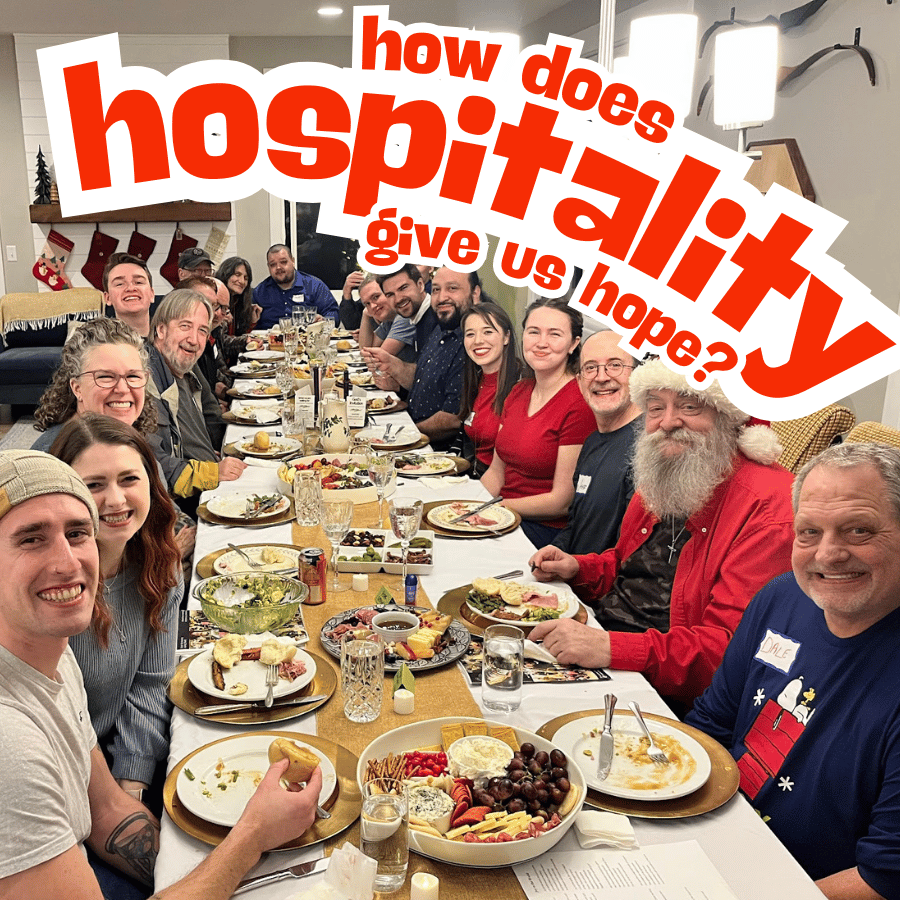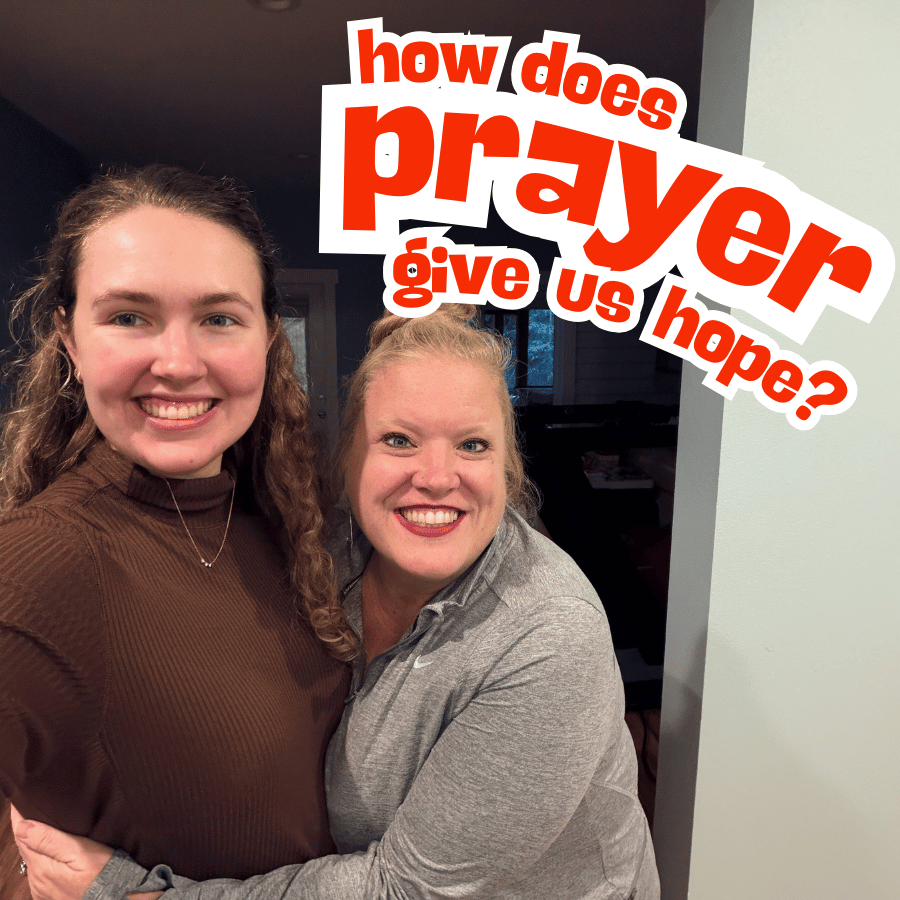Practicing a Reminder
Written by Emma McCoy
3 minute read
Ever since I was in middle school, I’ve been followed by the phrase, “Remember who you are and whose you are.” My parents very intentionally would say this throughout the week: when they dropped me off at school, when I saw them after school, at practice, at dinner, and anytime I left the house. Picture me at twelve years old (bright yellow tennis shoes and purple backpack), running out of the car while my mom shouts,
“remember who you are and whose you are!”
I didn’t meditate on it much as a middle schooler, probably because I did no mediation at all when I was twelve. But as I’ve gotten older, it’s become a core part of my walk on the faithful path. I consistently have to remember that I am a child of God, and that is the most foundational part of my identity. We all have to be reminded of this, especially when life loses its color and animation, and everything feels dark and endless. My temptation when the going gets tough is to white-knuckle it and get over it all by myself. As time has proved, this isn’t helpful.
The Holy Spirit is the one who animates my life and helps me reimagine what’s possible. I can’t breathe life into my being and try to pull myself out of trouble. Spiritual practices help me engage with what the Holy Spirit is doing with my life, help me pay attention and remember whose I am. As I’ve gotten older (and trust me, I know I’m not old yet), the importance of consistent spiritual practices has become more and more insistent. I can’t ignore how prayer, Scripture, and church shape my life into something holy—something like how it was designed. Something with animation and interest and a centering of my identity as a child of God.
Prayer has an incredibly long history. I would argue that as long as people have been around, we’ve been praying. It’s also something that I’m not very good at. My mind wanders; I forget to pray; I stand before God and can’t think of anything to say other than, “help!” And yet there’s something to waking up each morning and thanking God for the sunrise. There’s something to praying that I’ll find a parking spot on campus. And more recently, I found God’s presence in my classroom, when I prayed over my students’ desks, wishing them peace and protection. Prayer can be a constant, daily connection to God and what He’s doing in everyday life.
Prayer is a check-in, a recalibration, a hello, a conversation, and a lifeline to something much bigger than me.
Engaging with Scripture is perhaps my favorite spiritual practice. I have a B.A in literature and I read kind of all the time; getting to be in the Word is a treat and it’s something that resonates with my soul. Unlike all the other kinds of literature I read, the Bible is a living text. What I mean by that is simply that Scripture isn’t just words on a page; it has real-world implications and is capable of changing hearts, minds, and lives. It’s a big claim, but there’s a lot of history to back it up. It would take a lot of writing to really get into it (more than a blog post can handle), but reading the Bible consistently is a crucial spiritual practice that grounds me in the design God has for the world and in all the stories of the men and women who have followed God for millennia.
I’ve written before about how going to Church was tricky for me for a while; I had to learn why Church mattered outside of my parents telling me to go.
I’ll say this with the full weight of my twenty-three years: fellowship with other Christians in Church is a vital part of the faith.
Worshiping together, taking communion, engaging with the Word, and being in community with each other is life-giving and a crucial ritual for spiritual health. To be clear, those with church hurt and church wounds are right to take a step back and re-evaluate. But that shouldn't turn into leaving the church forever. Being with both common and uncommon friends reminds us we are a part of a family, the family of God. These people in our community can point out our weaknesses and affirm our strengths. They can help us along the faithful path and remind us who we are. Worshiping together and serving together are hugely important.
If you aren’t currently engaging in any of these spiritual practices, I’d recommend that you take a next gentle step. Try praying the Lord’s prayer (Matthew 6:9-13) every morning. Try asking God what He wants you to pay attention to, or read one of the Psalms. Maybe the next step looks like attending church with a friend and meeting someone new. Whatever your practices may look like, know that they are important and evolving, helping you grow and walk on the faithful path. I know that I’m not perfect. I also know who I am, and whose I am.









3-minute read